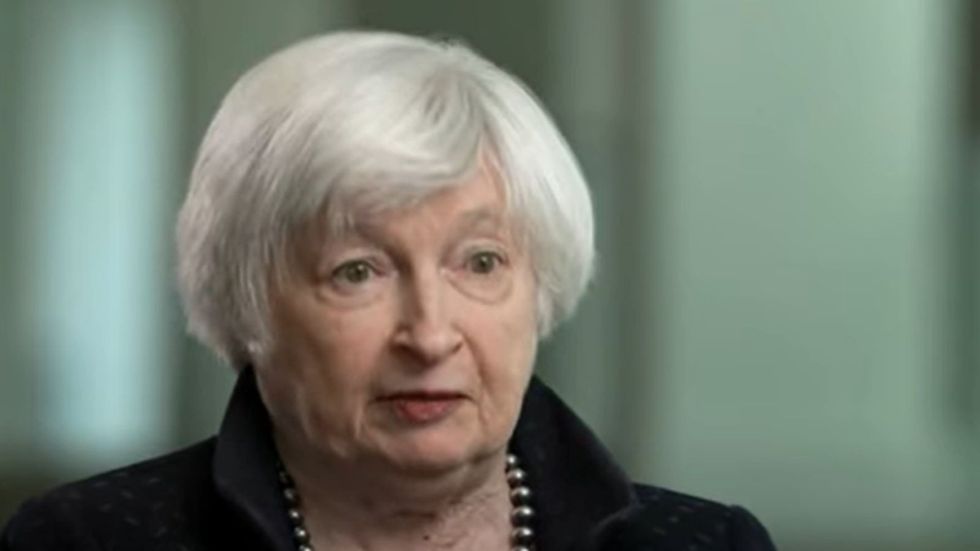US Treasury Secretary Janet Yellen has claimed American workers are “better off” now than they were prior to the coronavirus pandemic.
She acknowledged Americans are experiencing “discomfort” due to inflation but pointed out wages have also increased.
The US rate of inflation rose 3.1 per cent in January, a higher-than-expected increase.
Asked if she and President Joe Biden were “happy” with where inflation is right now, Ms Yellen told CBS News: “We know that Americans are experiencing discomfort because some important prices are higher than they were pre-pandemic.
US Treasury Secretary Janet Yellen was asked about the current rate of inflation
CBS NEWS
“But what I think is really important is that wages have gone up along with prices, so people are better off than they were pre-pandemic.”
US inflation surged following the Covid-19 pandemic, peaking at a 40-year high of 9.1 per cent in June 2022.
As of the end of 2023, the median American worker could afford the same goods and services as they did in 2019, with an additional $1,400 to spend or save per year, according to analysis by US Treasury analysis last month.
Wages are now outrunning inflation, with average hourly earnings increasing by 4.5 per cent in the 12 months to January 2024, up from 4.3 per cent in December.
A democratic voter in Michigan told CBS News he was not better off now than in 2021, when Mr Biden took office. “I’m working five times harder.
“When I calculate everything, the hours worked to amount of money I’m bringing in, it’s nowhere near as high as it was in 2020 or 2021.”
US retail sales fell by the most in nearly a year in January, Commerce Department data published today shows, although economists warned against reading too much into the decline.
They said winter storms and technical factors had distorted the data.
Retail sales dropped 0.8 per cent last month, the biggest fall since February 2023 and down from a revised figure of 0.4 per cent in December.
Daniel Silver, an economist at JP Morgan in New York, said: “It is hard to know exactly what the ‘right’ seasonal factor is for a given month but the seasonal factors associated with December 2023 and January 2024 look unusual relative to the ones associated with these months in earlier years.
“The individual seasonally adjusted changes for these months likely should be discounted when trying to determine the trend for the data.”
Credit: Source link




